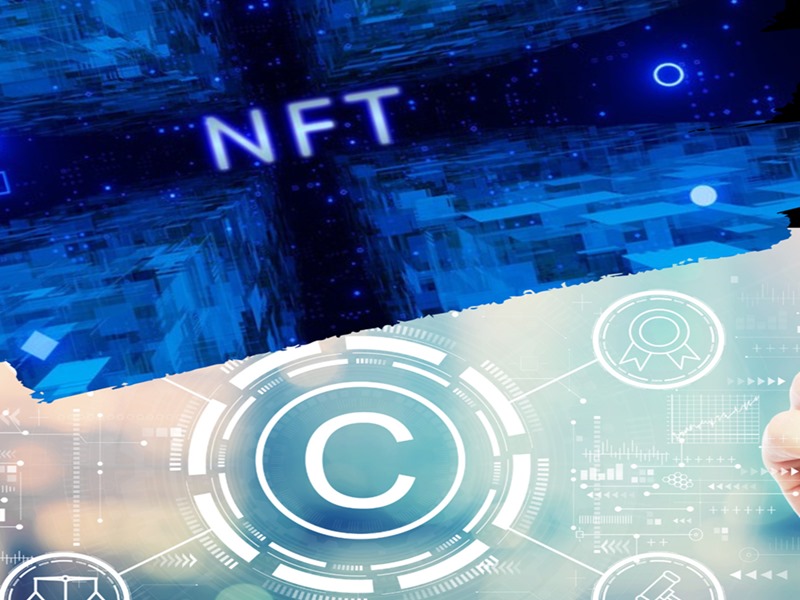The surge of Non-Fungible Tokens (NFTs) has introduced a complex dynamic within the realm of copyright law. NFTs, functioning as unique digital assets on blockchain technology, have become pivotal in certifying ownership for various digital creations, including art, music, and films.
Distinguishing NFTs from cryptocurrency is crucial for comprehending their legal implications. Unlike cryptocurrency, NFTs are distinctive digital assets acquired through cryptocurrencies, each token representing a unique item with its own value.
Navigating the legal landscape surrounding NFTs proves challenging, especially in jurisdictions like India where clear regulations are absent. NFT transactions are facilitated by specialized platforms, acting as intermediaries akin to auction houses. Smart contracts govern these transactions, introducing complexities in terms of potential copyright rights granted to buyers.
In the domain of copyright laws, acquiring an NFT does not typically confer copyright ownership of the underlying artwork to the buyer. The original creator retains copyright, leading to various complexities related to control over replication, licensing, and derivative works. Sections of the Copyright Act, such as Section 191 requiring a written sale contract for copyright transfer, come into play, as does Section 142, which grants exclusive reproduction and distribution rights to the copyright owner.
As NFTs continue to reshape the landscape of digital ownership, the evolving interplay with copyright laws presents a multifaceted challenge. This article illuminates the intricate dynamics, challenges, and potential conflicts that arise as NFTs redefine the intersection of technology and intellectual property rights.

